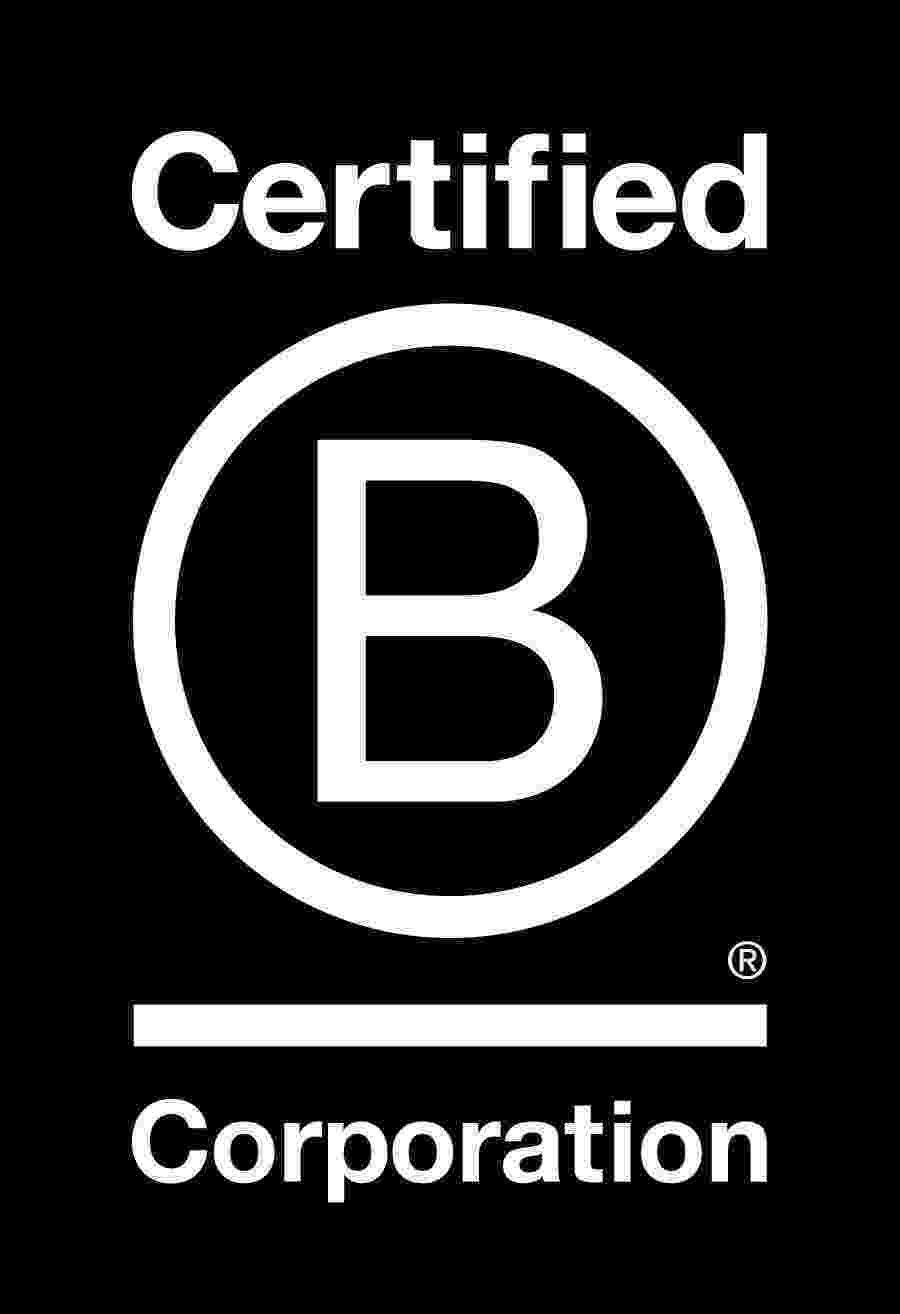Choosing the Right Media Partner: D3's Comprehensive Guide for Businesses

In today's digital age, the role of media partners in promoting businesses and driving growth cannot be overstated. Choosing the right media partner can be the difference between a successful marketing campaign and a wasted investment. This guide aims to provide businesses with a comprehensive roadmap to follow when selecting a media partner.
Understanding Your Business Goals and Objectives
When it comes to choosing the right media agency for your business, it's important to start by understanding your goals and objectives. Without a clear idea of what you want to achieve, you may end up partnering with a media company that isn't the best fit for your business.

Here are three things you can start to think about:
Identifying Your Target Audience:
Who are the people you want to reach with your advertising and marketing efforts? Are they young professionals, families with children, or retirees? What are their interests, needs, and pain points?
Knowing your target audience will help you determine the type of media that will be most effective in reaching them.
Advertising and Marketing Goals:
Are you looking to increase brand awareness, drive website traffic, or generate leads and sales? Depending on your goals, you may want to focus on different types of media, such as social media, content marketing, or paid advertising.
Budget and Resources:
How much money do you have to spend on advertising and marketing, and what resources do you have available in terms of time and personnel?
Knowing your budget and resources will help you narrow down your options and choose a media partner that can deliver the results you want without breaking the bank.
Researching Potential Media Partners
Once you have a clear understanding of your business goals and objectives, it's time to start researching potential media partners. There are many different types of media companies out there, and it's important to choose one that has experience in your industry and a proven track record of success.
Finding Potential Media Partners
One way to find potential media partners is to ask for referrals from other businesses in your industry. Ask your colleagues, friends, and mentors if they have worked with any media companies that they would recommend. You can also check online reviews and testimonials to get a sense of the quality of service that a particular media company provides.
Industry Awards and Recognition
Look for media companies that have won awards for their work in your industry, or that have been recognized as leaders in their field. This can give you a sense of their reputation and the quality of their work.
Attending Industry Events and Conferences
Consider attending industry events and conferences to meet media companies in person. This can give you a chance to ask questions, see their work in action, and get a sense of their culture and values.

Evaluating Media Partner Proposals
Having identified potential media partners, the next step is to evaluate their proposals. This is a crucial stage in the process, as it will help you determine whether a particular media partner is a good fit for your business.
Factors to Consider When Evaluating Proposals
| Factors | Description |
|---|---|
Strategy and approach | The media partner's plan and method for achieving your business goal |
Cost and pricing | The financial investment required for the media partner's services |
Quality of work | The standard or level of the media partner's work |
Communication and collaboration | The media partner's ability to work with your team and communicate effectively |
Reputation and credibility | The media partner's standing and trustworthiness in the industry |
Building a Relationship with Your Media Partner
Once you've selected a media partner, the next step is to build a strong relationship with them. This is important, as a successful partnership will require ongoing communication, collaboration, and trust.
Tips for Building a Strong Relationship
| Tips | Description |
|---|---|
Set clear expectations | Define what you expect from the media partner and what they can expect from you |
Communicate regularly | Regularly discuss progress, challenges, and changes |
Collaborate openly | Work together on projects, sharing ideas and feedback |
Foster a positive working relationship | Maintain a respectful and positive attitude with the media partner |
Evaluate and adjust | Regularly assess the partnership and make necessary adjustments |
Monitoring and Evaluating Performance
- Tracking Key Performance Indicators (KPIs):
It's important to track key performance indicators (KPIs) to measure the success of your campaign. These KPIs should be aligned with your business goals and objectives, and should be used to evaluate the effectiveness of your media partner.
- Regularly Reviewing and Adjusting the Campaign:
It's important to regularly review and adjust your campaign to ensure that it's meeting your business goals and objectives. This may involve adjusting your targeting, messaging, or creative assets.
- Measuring ROI and Assessing the Effectiveness of the Campaign:
It's important to measure the return on investment (ROI) of your campaign to determine its effectiveness. This can be done by comparing the cost of the campaign to the revenue generated as a result of the campaign.
Conclusion
That's it! Choosing the right media partner can be a game-changer for your business. By following the steps outlined in this article, it might make it that little bit easier to select a partner that will help you achieve your marketing goals and increase your brand's visibility.
We are always here for a chat if you are thinking of choosing us!


